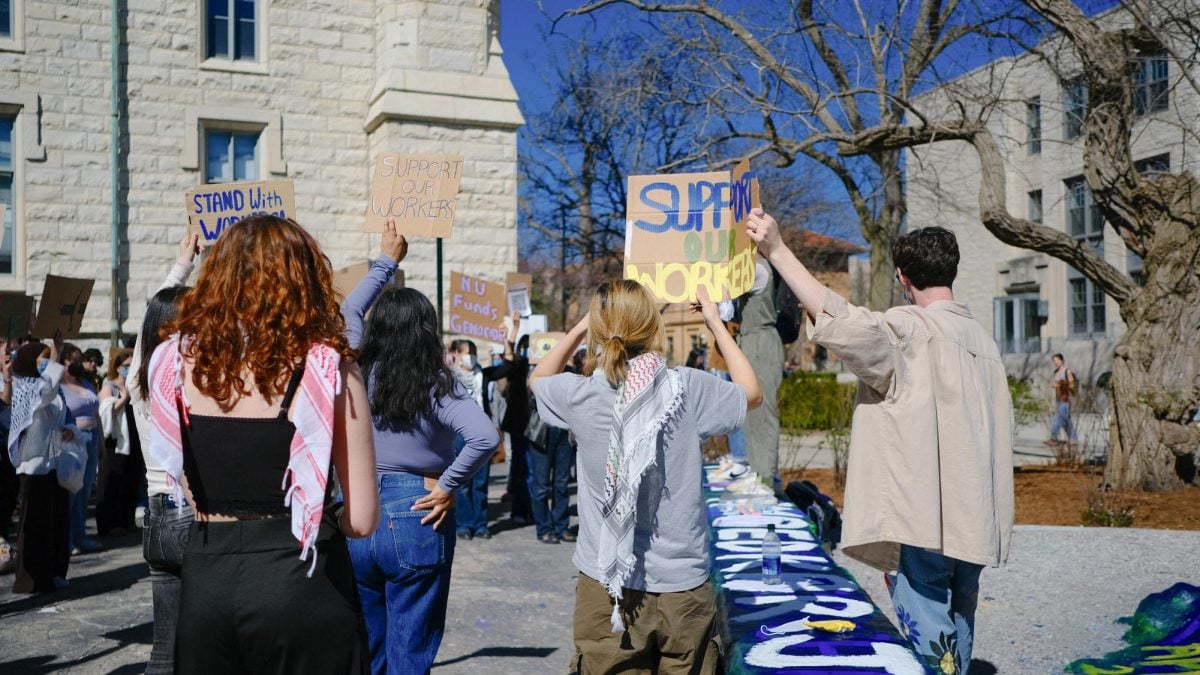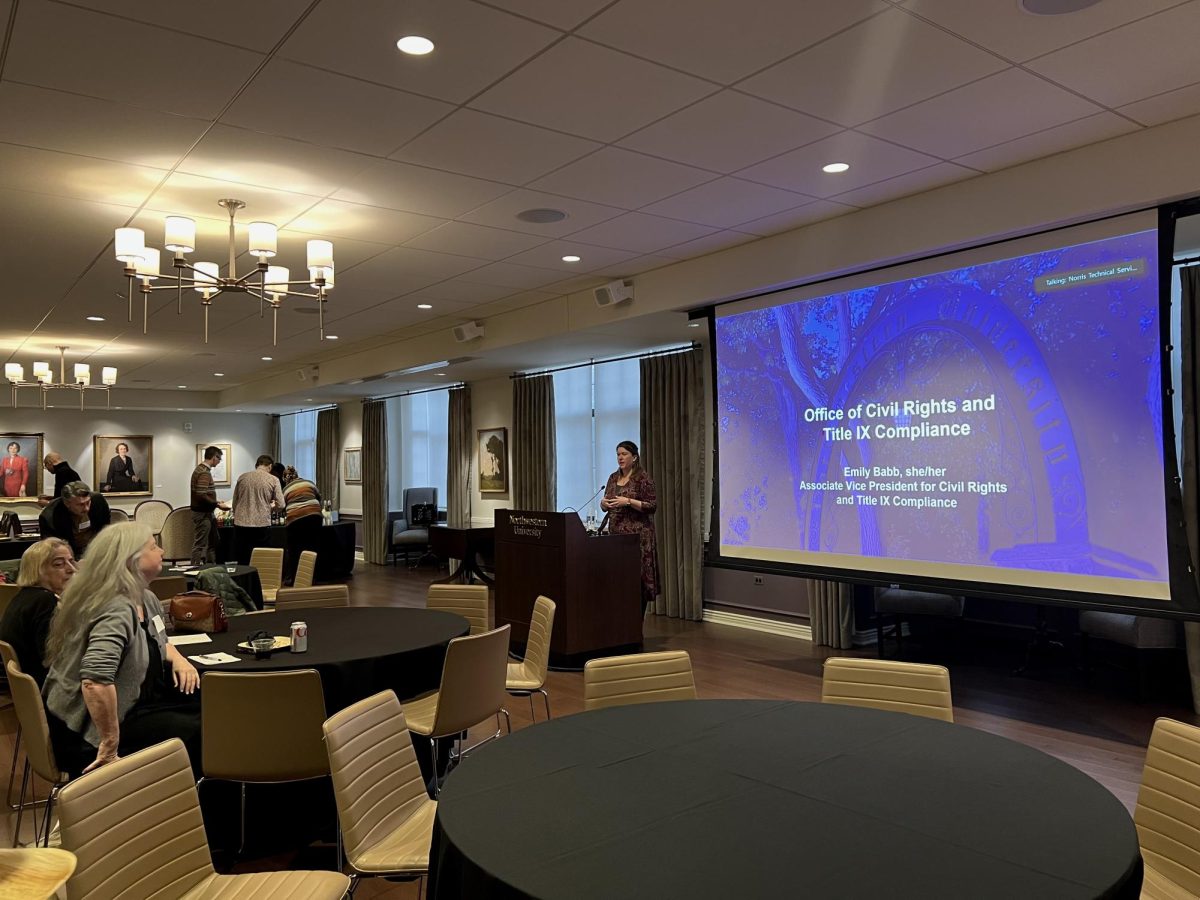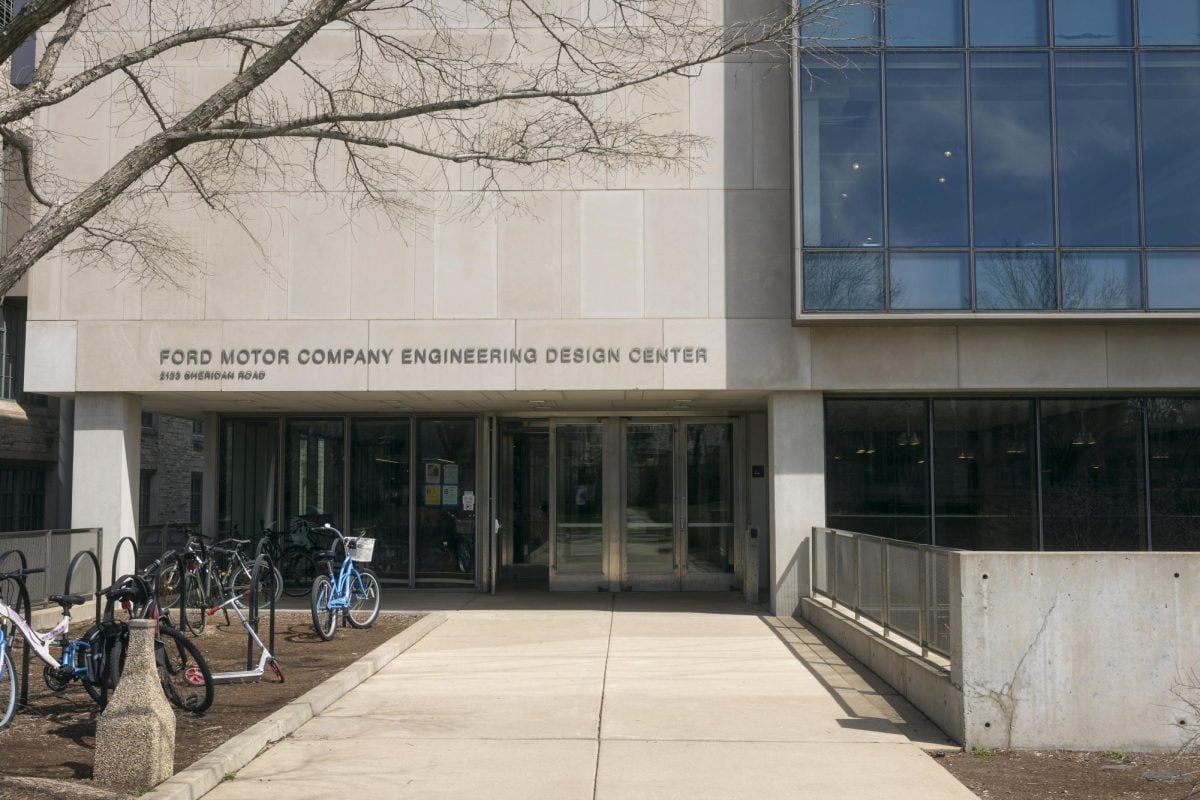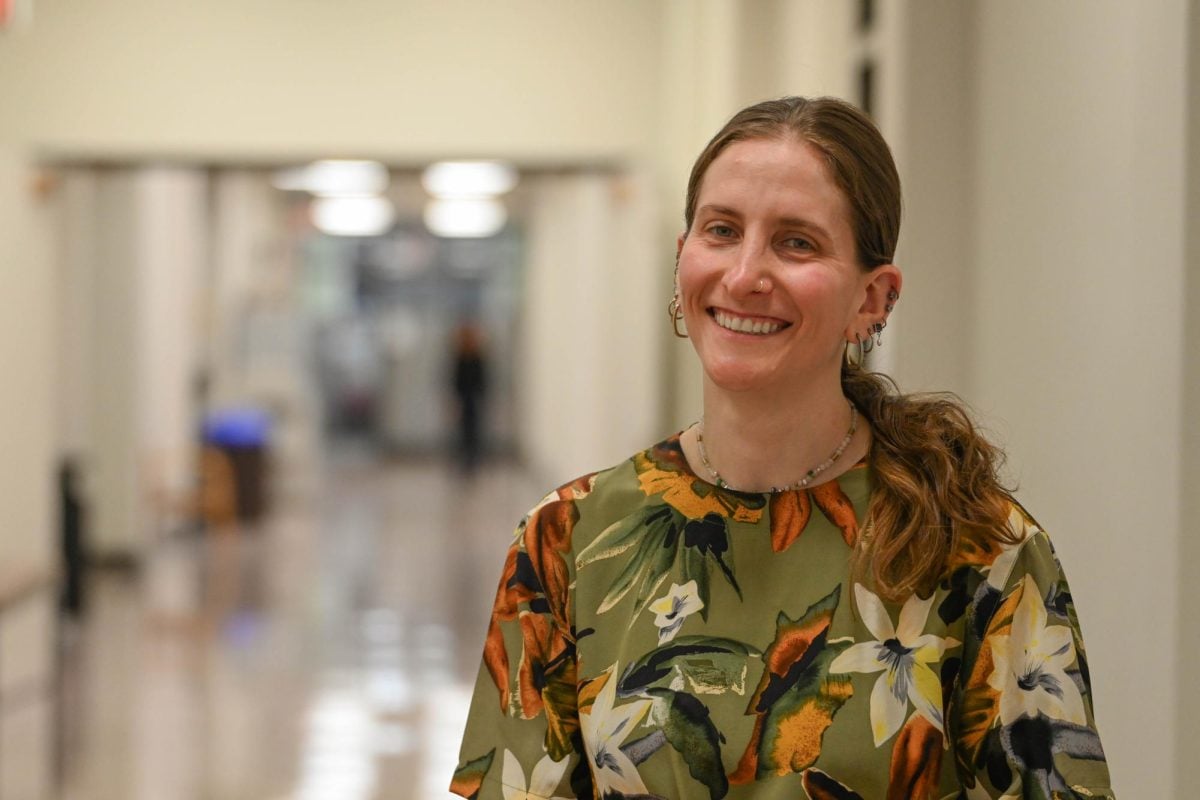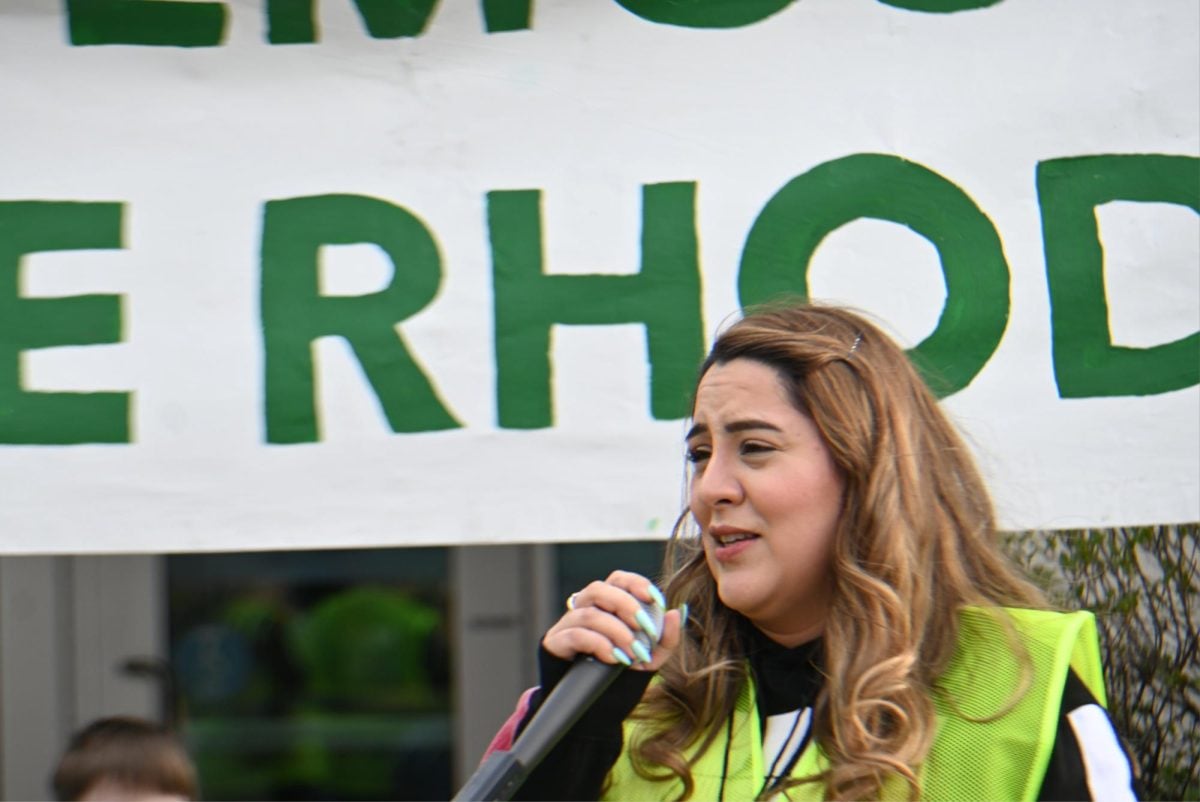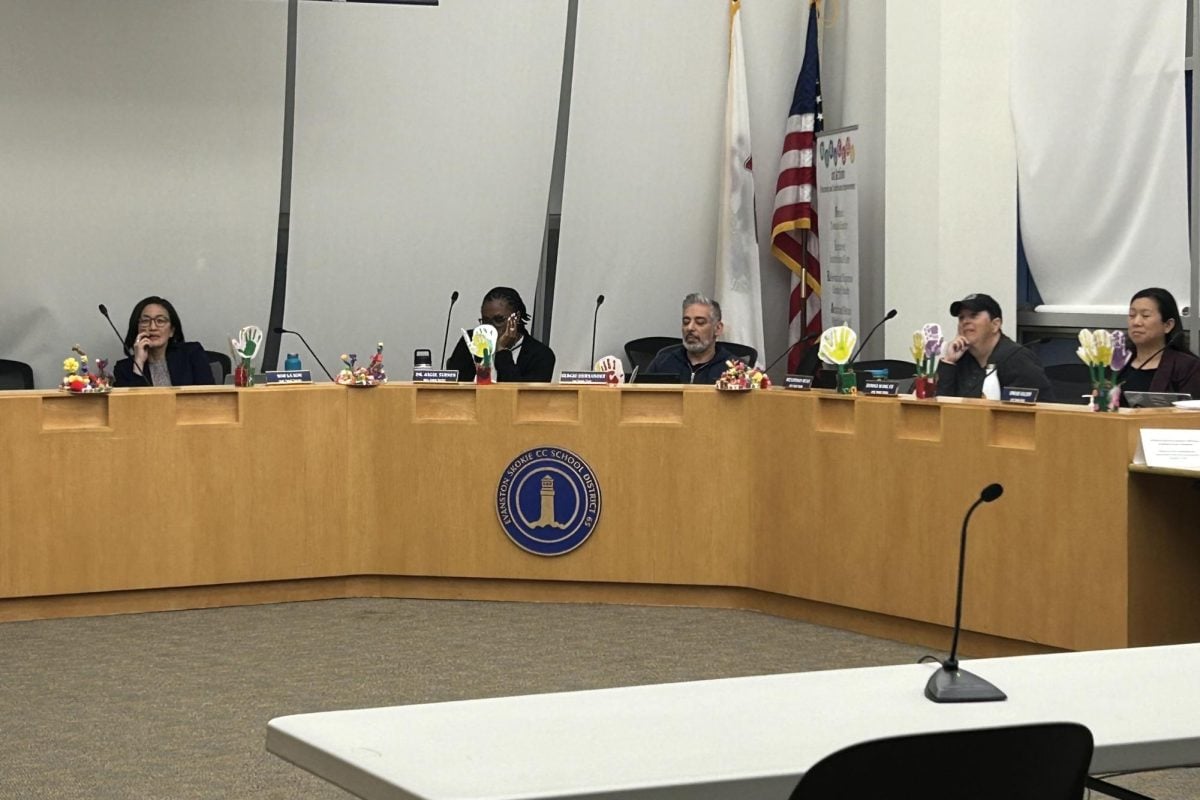Housing policy expert Ellen Pader, who lectured Wednesday in Evanston on the so-called “brothel law,” told The Daily on Thursday that city officials “problematically” linked the issue of building safety to over-occupancy.
“It’s interesting how this has played out in Evanston,” Pader said. “It seems like what they did is conflate different issues. They should not treat building codes the same as occupancy standards.”
Pader, a professor at the University of Massachusetts Amherst, spoke Wednesday night to more than 80 people at the Evanston Public Library, 1703 Orrington Ave.
She also said all parties generally agree that building code violations, like a missing banister next to a staircase, pose a physical safety risk to occupants. Instead, the disagreement surrounds what she calls “emotional safety.”
“It is not pleasant to have students be disrespectful, trash a place and be loud at night,” she said. “However, that is not building code violation, and that is not an occupancy violation. That is just an issue of disrespectful people.”
Dean of Students Burgwell Howard attended the event and said Pader’s distinction between physical and emotional safety was “very important.”
“I’m always going to be supportive of students, but I’m also not going to be tolerant of improper behavior,” Howard said Wednesday. “If they breach a University policy or a city policy, then they need to be held accountable.”
Pader said selective enforcement of laws such as the three-unrelated-persons rule have historically enabled cities to “get rid of unwanted populations.”
Jeff Murphy, the top city official for building inspections, did not respond to multiple phone messages seeking comment Thursday.
Ald. Delores Holmes (5th) attended the “brothel law” event Wednesday night and also stressed the importance of understanding different types of safety concerns.
“The whole thing about three unrelated persons only becomes known when there is really a safety issue that has been brought to our attention,” Holmes told The Daily on Thursday. “It may not be that more than three unrelated people living in the house together makes it unsafe. There may be another issue, such as an illegal unit in an attic with only one way out, for example.”
Holmes added three or four unrelated people living together is “not the issue.” She said when there are “more than that living in one particular place,” more opportunities for dangerous conditions arise.
However, Pader said five unrelated people living in a house together is “not a danger.”
“I had six or eight people living in my house when I was in college,” Pader said. “If two or three people share a bedroom, that is not a physical danger.”
The crux of the issue is respect and comfort, Pader added.
“Something should be done about those students who are disruptive,” she said. “Nobody feels comfortable living next to disrespectful people, probably not even other students.”
Howard also said comfort should be considered alongside physical safety.
“The issue of emotional safety and comfort is very important,” he said. “Students sometimes underestimate how their presence and their rhythm and their lifestyle can impact others.”
Pader flew back to Massachusetts on Thursday and said she had a “wonderful experience” meeting residents and students during her first trip to Evanston.
Audrey Cheng contributed reporting.


